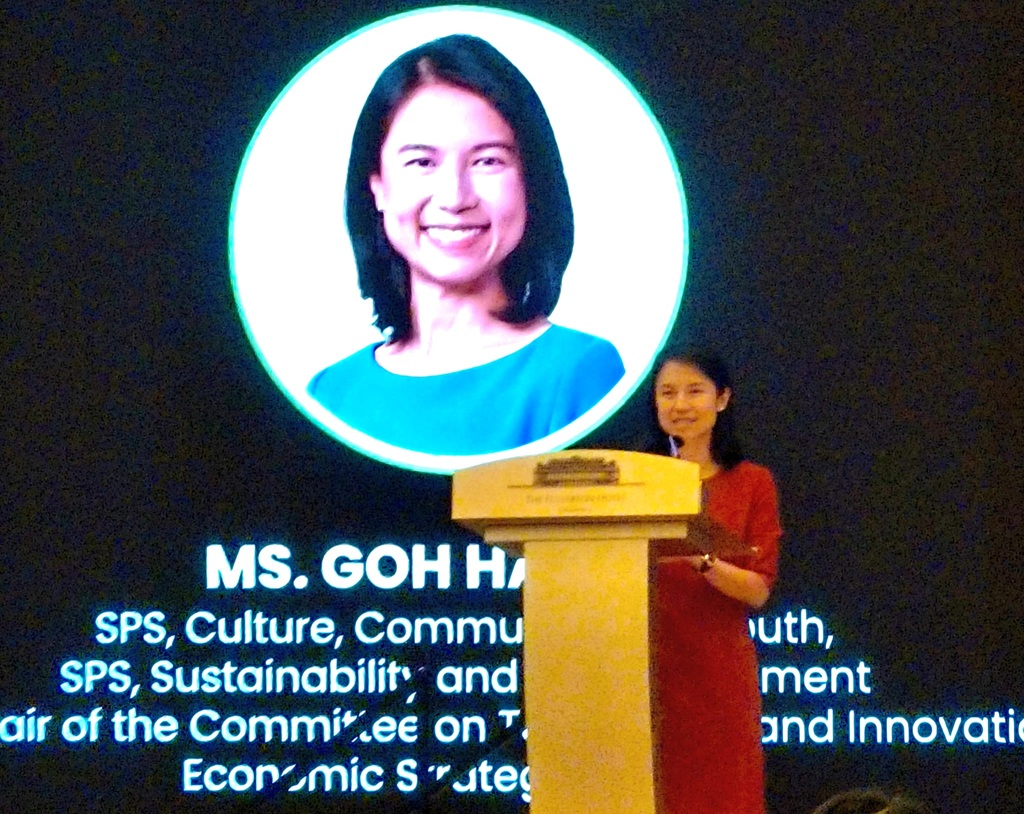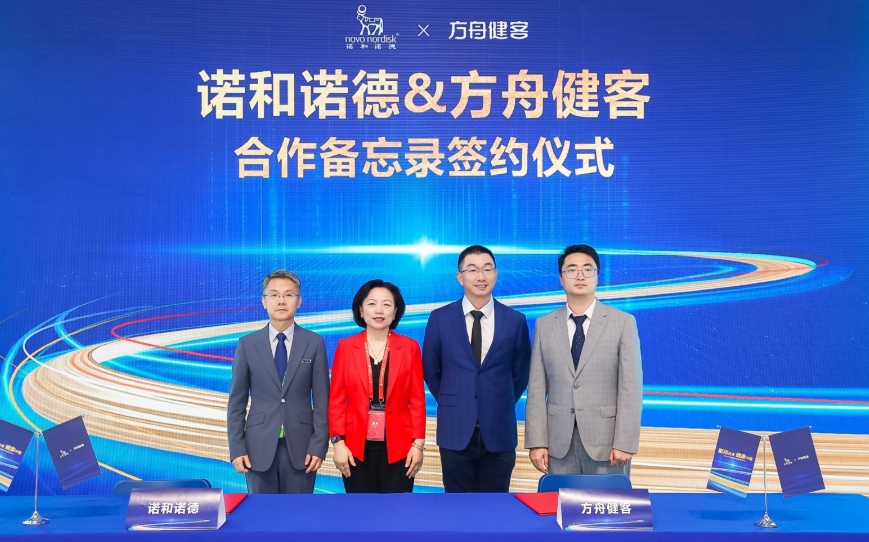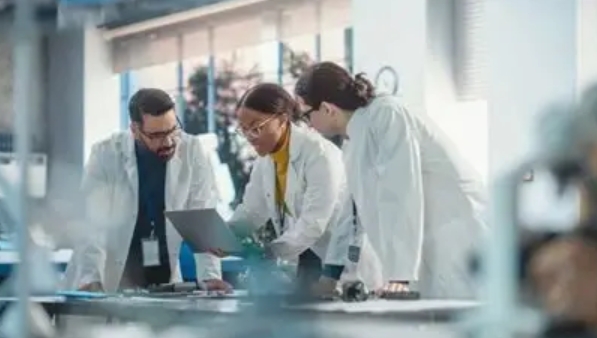
Drug discovery has long been an exorbitant and complex endeavor, often requiring more than a decade and billions of dollars for the development of a single medicine. The bench to bedside journey is indeed a demanding process, espicially when the clinical phase and data analysis during a study are time consuming and tedious in the conventional process.
In the meantime, artificial intelligence (AI)-driven drug discovery platforms can improve scientists' understanding of disease pathways through the combined analysis of multiple layers of biological data, including genomics, proteomics, and clinical data. Artificial intelligence helps scientists overcome bottlenecks that have existed for decades. With virtual molecular screening, researchers can focus on the most promising compounds instead of screening millions in the lab, saving time, money, and other resources.
AI transforms drug development by enhancing safety and efficiency. Machine learning methods can predict how a drug behaves in the body, while AI-powered ADMET platforms assess factors like absorption, metabolism, and toxicity. These tools enable researchers to identify and eliminate risky compounds early in the process, reducing costs, resources, and potential risks.
AI's impact extends beyond drug discovery to clinical trials and personalized healthcare. Although some challenges remain, such as the difficulty of synthesizing AI-designed molecules and data scarcity, progress is undeniable. AI enables earlier disease detection, more personalized medicine, and improved patient engagement through innovations like wearables and mobile health apps. This trajectory highlights AI's growing role in revolutionizing healthcare outcomes.
On August 26, Nanyang Biologics partnered with Equinix and HPE to develop an AI-driven drug discovery platform and establish the world’s largest natural drug compound library in Singapore. This collaboration aims to position Singapore as a global leader in AI-driven life sciences, healthcare, and biomedical research. Leveraging its expertise in AI-driven healthcare, Nanyang Biologics, along with its Vecura platform, the partnership showcases how cutting-edge medicine can emerge from life's diversity.
Global partners have joined forces to provide enterprise-grade infrastructure designed to revolutionize drug discovery. This includes GPU-powered systems that enable high-volume molecular screening at unprecedented speed and scale, global connectivity to facilitate seamless collaboration with research organizations worldwide, and access to robust healthcare and life sciences ecosystems hosted in Equinix data centers across Singapore and the globe. These ecosystems enable secure, direct data exchange between industry players. Additionally, the infrastructure features secure, energy-efficient systems to support sustainable operations while protecting sensitive scientific data.
The initiative underscores the potential for cross-industry collaboration to drive advancements in drug discovery, health-tech, and AI-powered solutions.
Ms Goh Hanyan, co-chair of the Committee on Technology and Innovation and Senior Parliamentary Secretary in the Ministry of Culture, Community and Youth and the Ministry of Sustainability and the Environment, graced the occasion and welcomed this initiative as another important step towards making Singapore an Asian hub for biomedical and life sciences and healthcare.
Speaking at the summit, Ms Hanyan said "An AI-driven drug discovery platform aims to establish Singapore as a global leader in life sciences, healthcare, and biomedicine. However, AI is changing this landscape and yield early success. End-to-end AI driven pipelines have produced drug candidates that take a fraction of the time to reach clinical trials."
Strengthening Singapore’s Role as a Global Healthcare Innovation Hub
Singapore is striving to achieve world leadership in health, life sciences, and biomedicine by leveraging AI in drug discovery. Singapore's biopharmaceutical and medical technology sector is a vital component of the nation's economy. In 2023, it accounted for 2.6% of Singapore's GDP and generated nearly $38 billion in product value on global markets, according to JTC. The country's strategic location, strong infrastructure, and supportive ecosystem make it an attractive destination for biomedical companies.
Ms Hanyan highlighted that, "Over the years, Singapore has invested heavily in its biomedical science ecosystem, which is anchored by sustained investments in A*STAR and our Academic Medical Centres. These centres integrate patient care, education, and research, enabling high-quality healthcare and pushing the research frontiers into Singapore. This is then combined with our trusted digital infrastructure, which provides a strong foundation for large-scale AI applications in both healthcare services provision and supporting translational research. For example, using federated learning approaches, researchers can collaborate to develop AI models across multiple hospitals without transferring sensitive patient data. This ensures privacy while accelerating innovation in disease prediction and personalised medicine."
"AI platforms like Nanyang Biologics' Drug-Target Interaction Graph Neural Network demonstrate how AI can decrease discovery timelines, reduce costs, and expand treatment options for unmet medical needs. Signing of this MoU between Nanyang Biologics, NVIDIA, HPE, and Equinix, resulting in the creation of the world's largest AI-powered natural compound library. The collaboration combines deep tech, advanced infrastructure, and life sciences expertise to accelerate therapeutic discovery and biomedical innovation," said Ms Hanyan.
Building a Future-Ready Biomedical Workforce
Emphasizing that technology alone cannot achieve this goal, Ms Hanyan concluded, "The convergence of AI and biotechnology is creating new roles in data science, molecular modelling, and clinical translation. To capture these opportunities, Singapore is investing in multidisciplinary talent - people who bridge AI, biology, and drug development. These skillsets are essential for turning predictions from powerful AI algorithms into real-world therapies".
Collaboration and cross-industry partnerships are essential to healthcare innovation scaling. By working internationally and across sectors, Singapore can harness global expertise, advance discoveries, and create intellectual property while developing critical skills. This approach ensures long-term competitiveness and solidifies Singapore’s position as a hub for AI-driven drug discovery.




